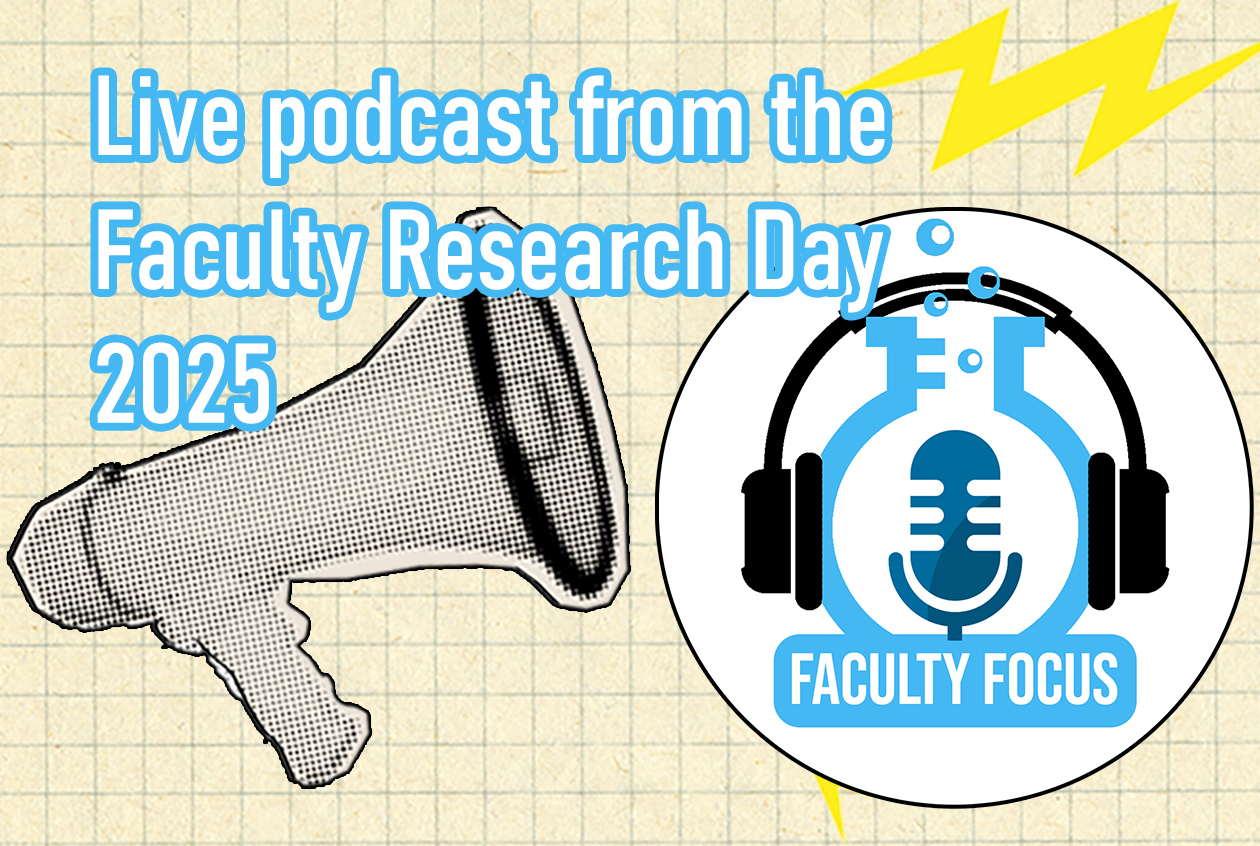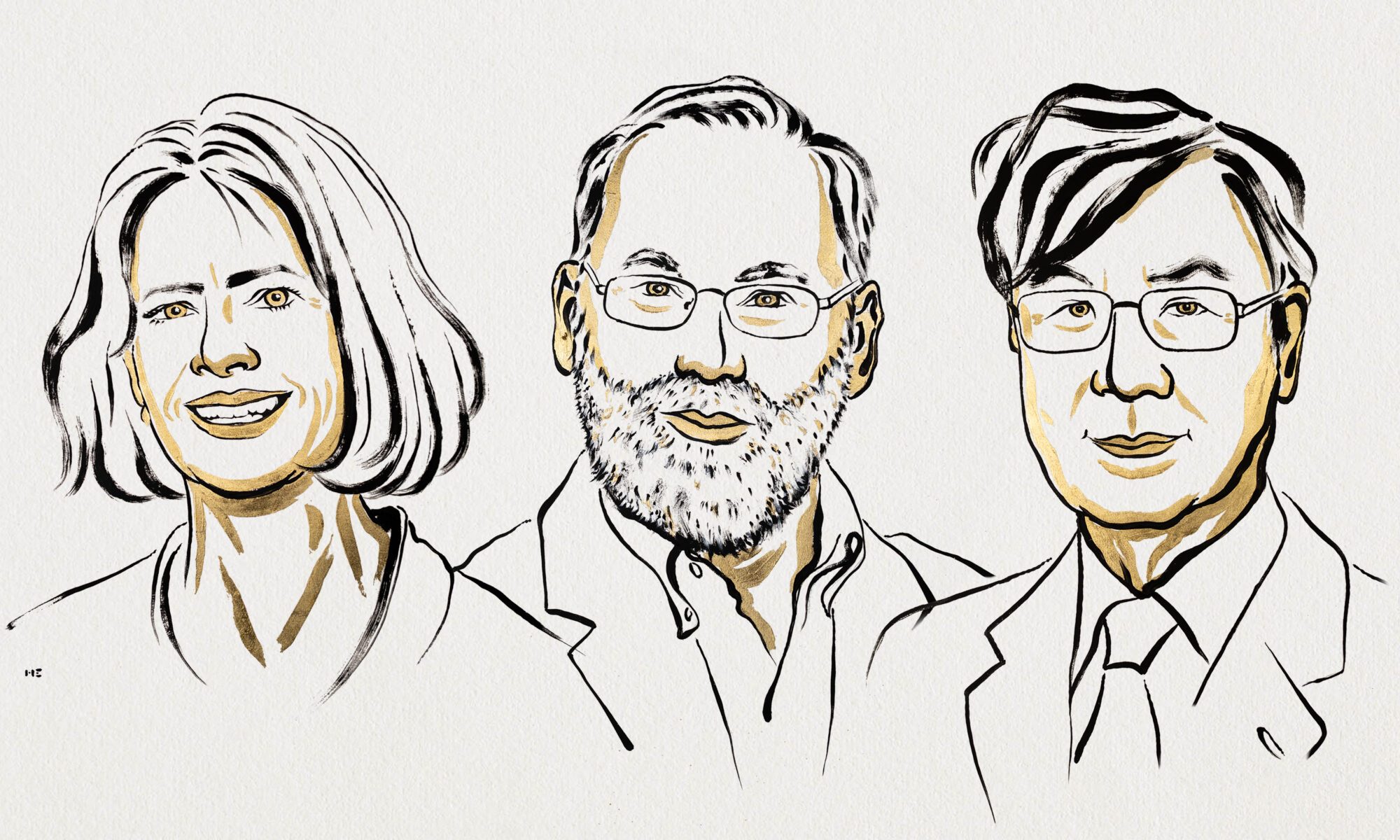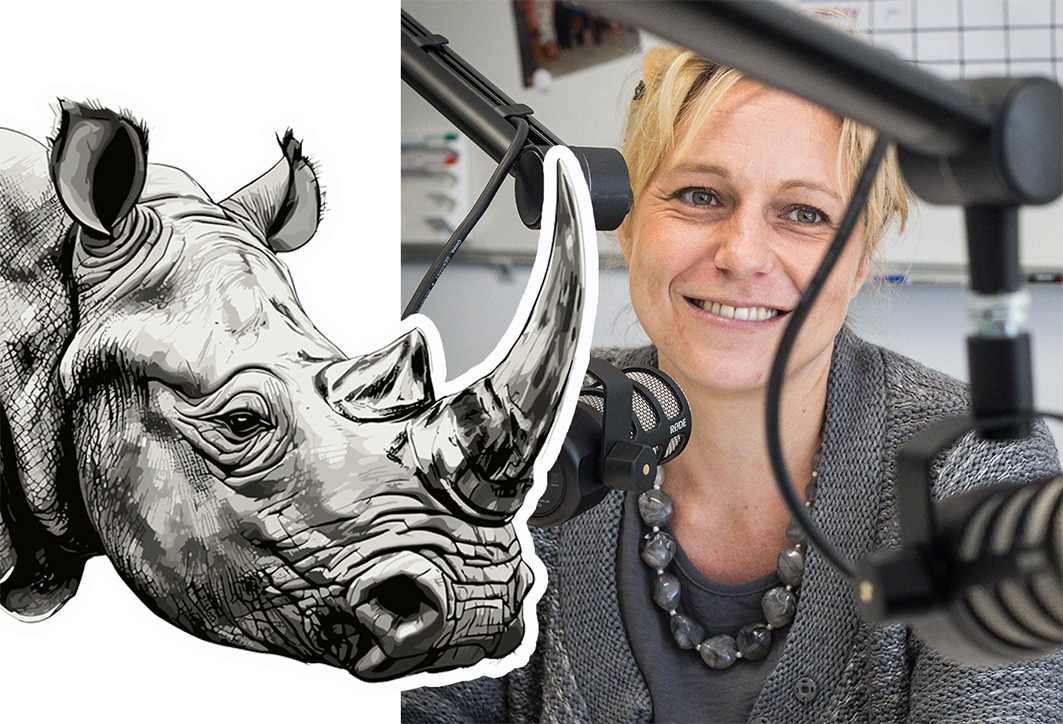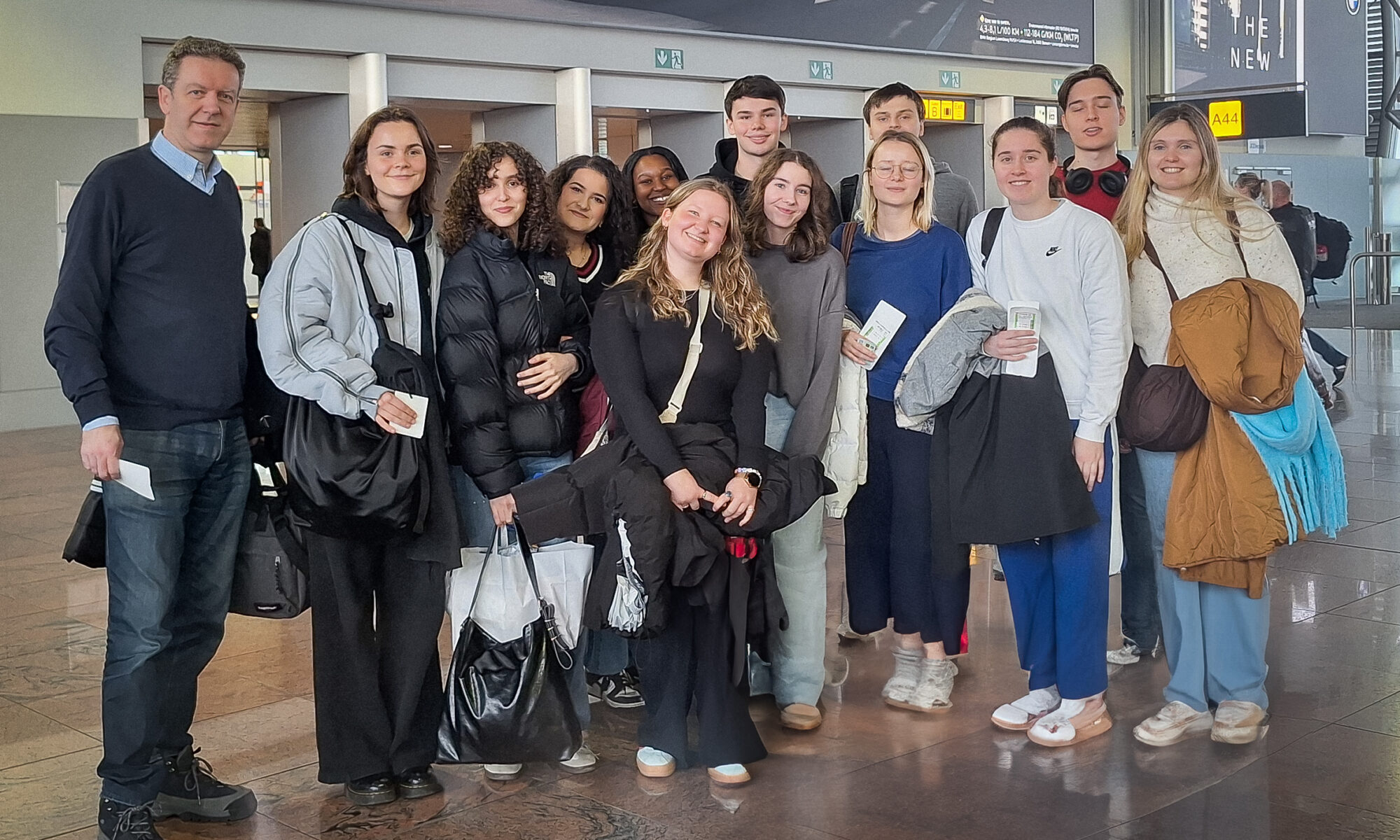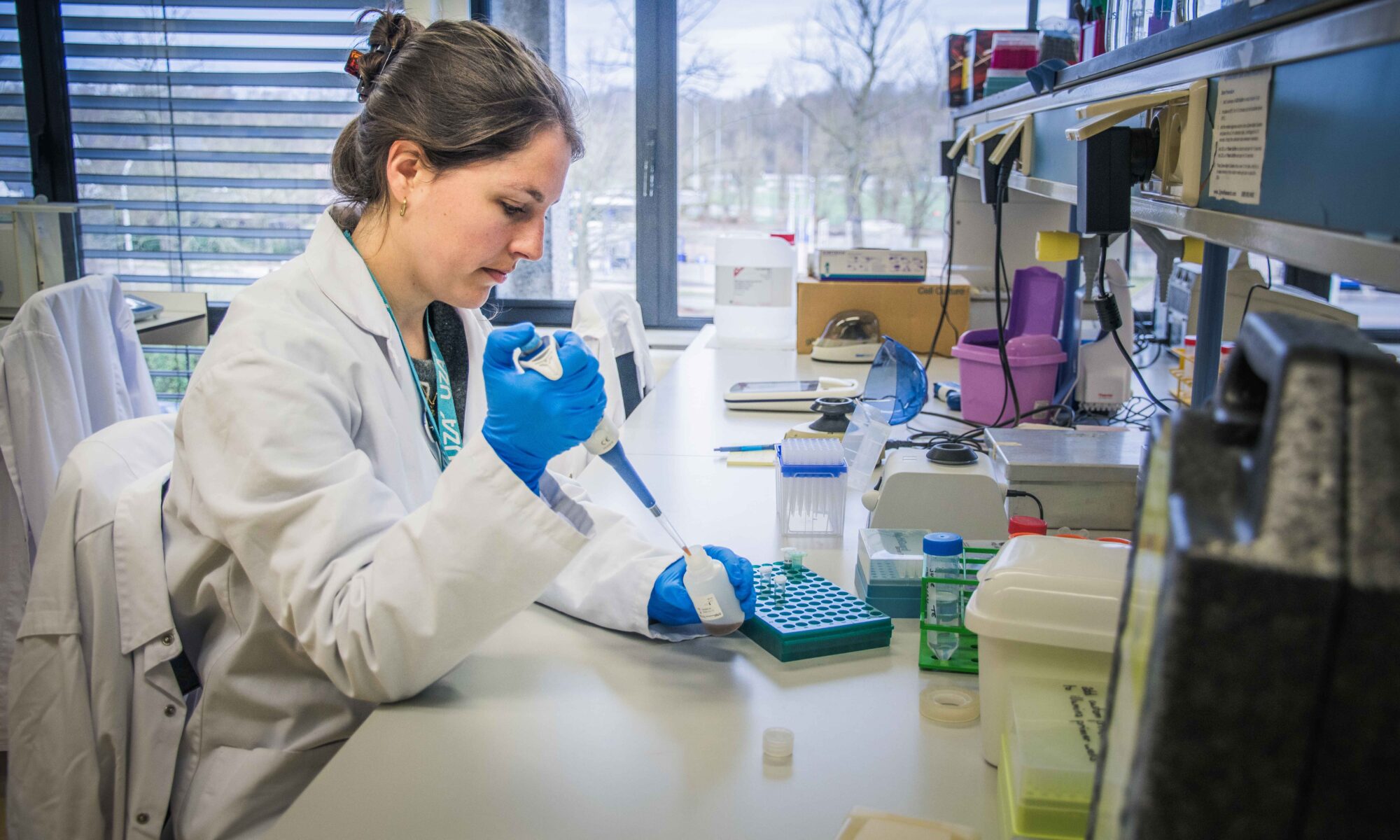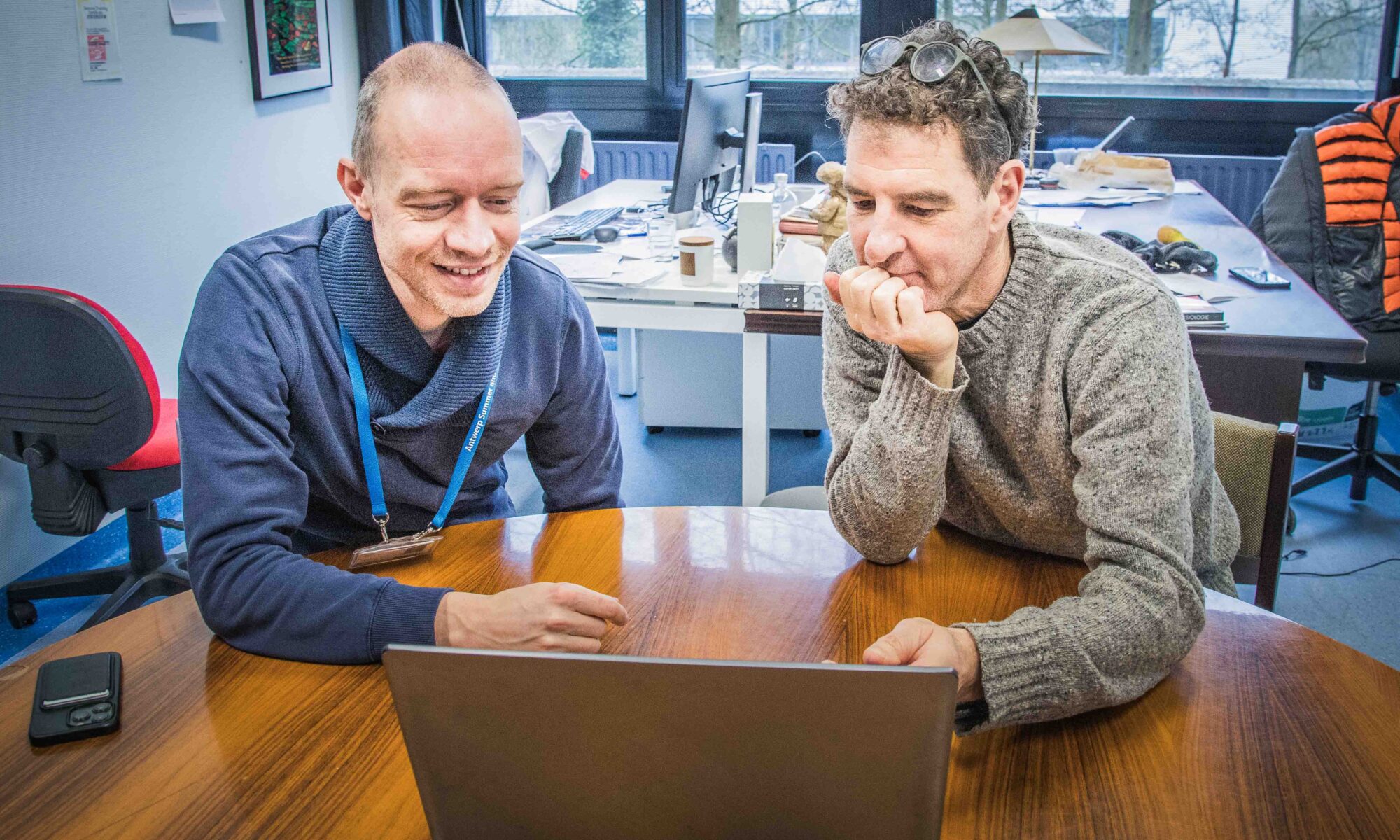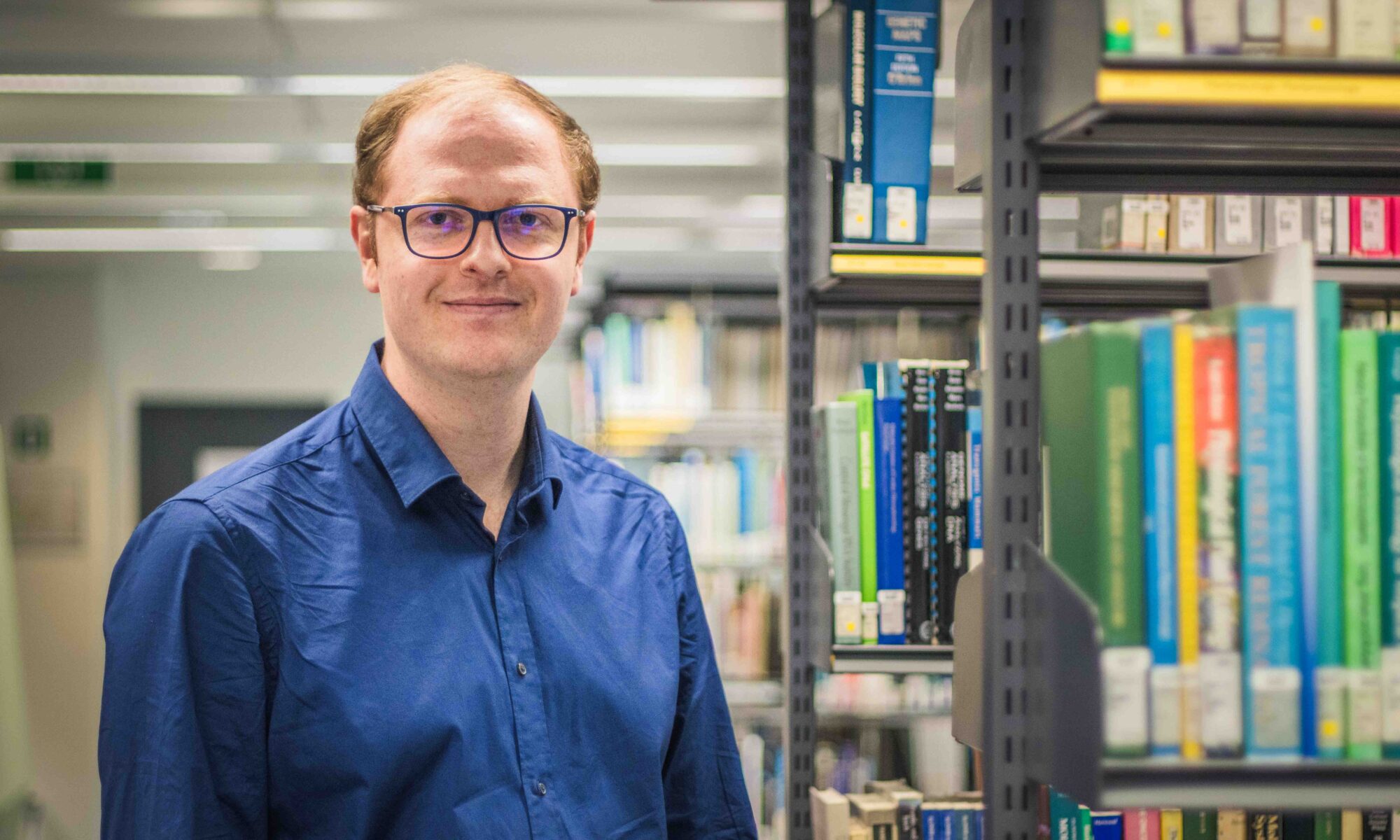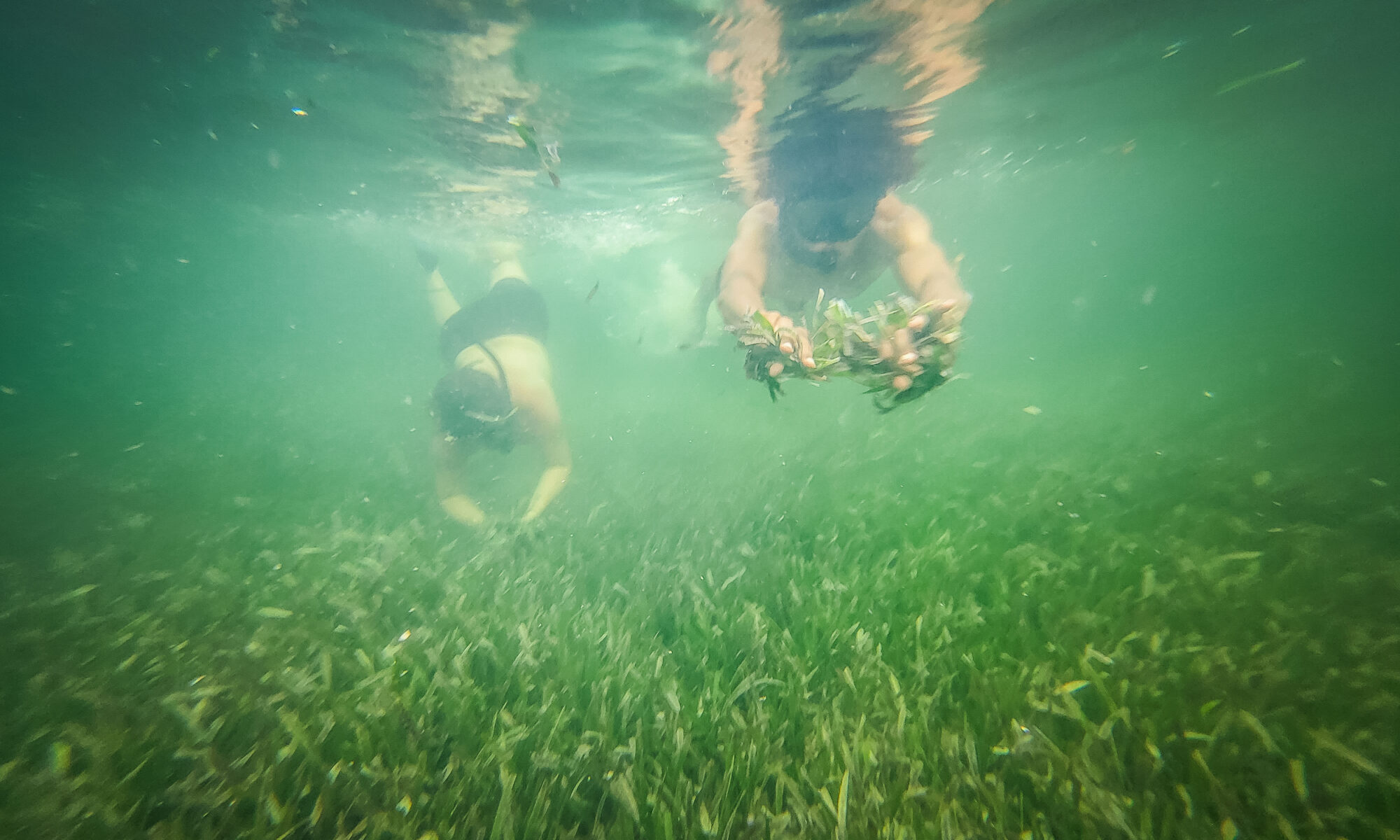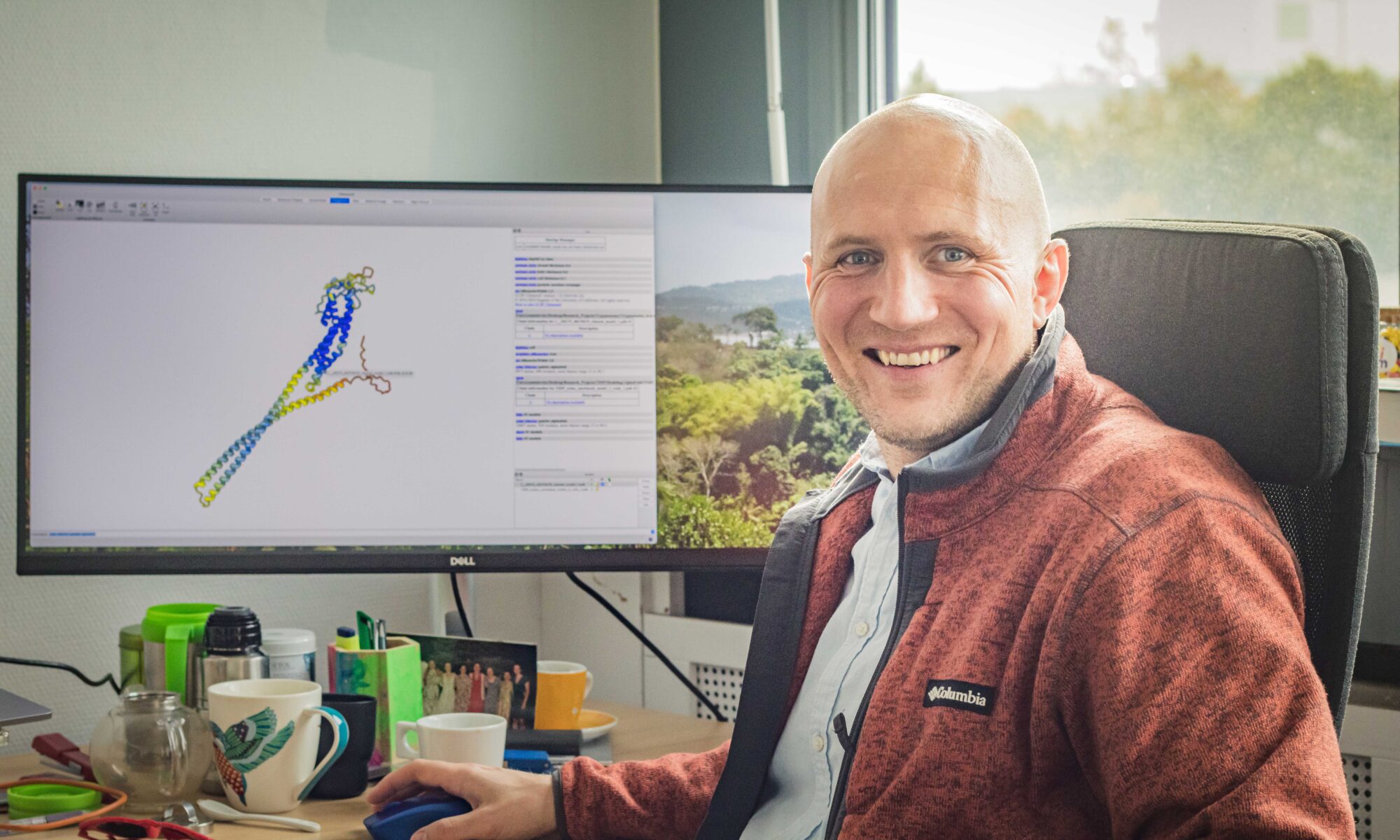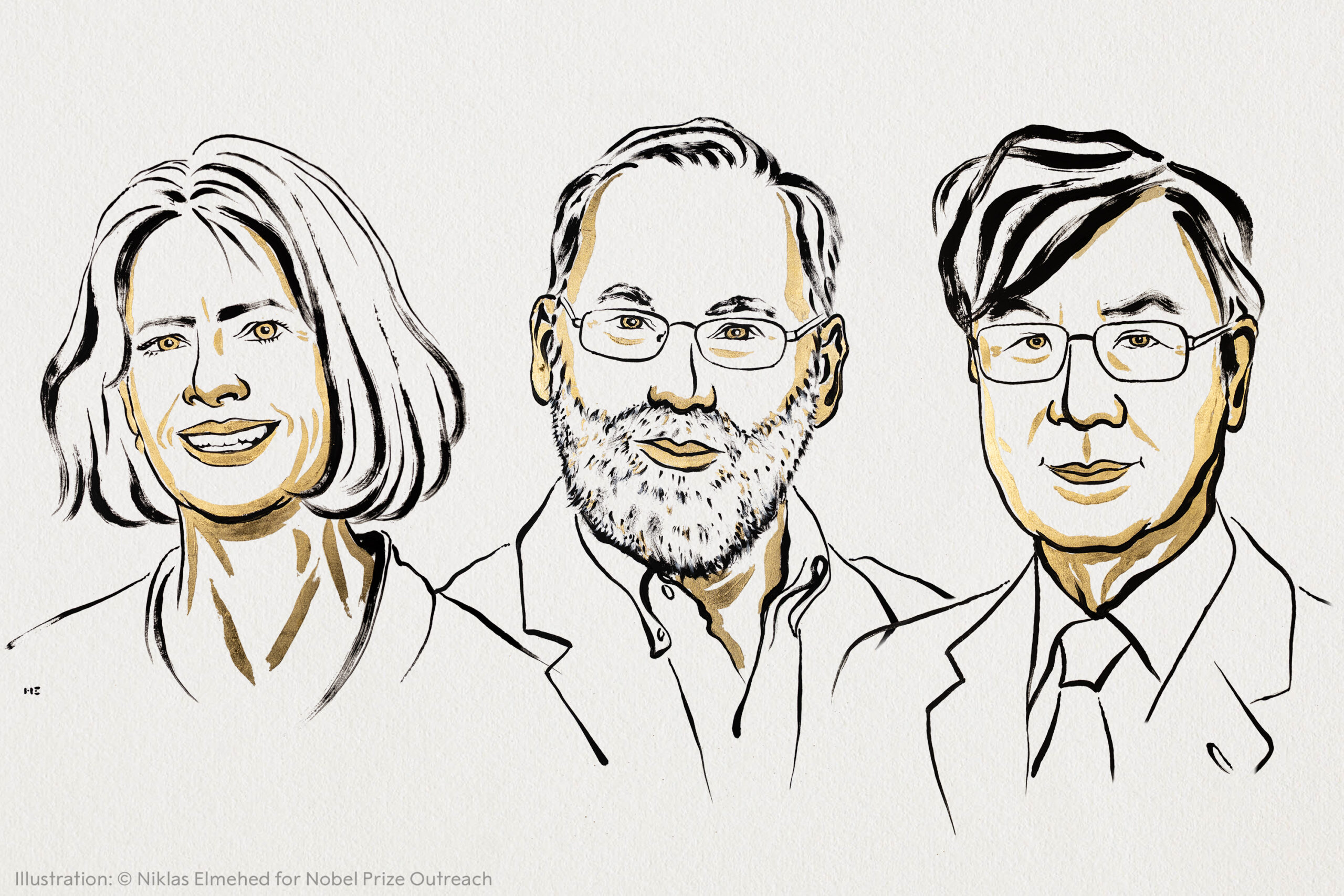During our annual Faculty Research Day, we highlight the research of our professors and PhD researchers. The Faculty Focus podcast was there as well to chat about their ongoing research.
Filter
Two patients with ALS may share the same symptoms, yet their brains may be fighting entirely different battles. Prof. Van Damme and Prof. Mancuso uncovered fundamental differences in the brain’s immune response between inherited and non-inherited forms of ALS.
The Nobel Prize in Medicine 2025 is awarded to Mary E. Brunkow, Fred Ramsdell and Shimon Sakaguchi for their research on how the immune system is kept in check. ‘The researchers combined different scientific approaches to deepen the understanding of the regulation of the immune system’, says Professor Ingrid De Meester.
Toen in 2018 het laatste mannetje van de noordelijke witte neushoorn stierf, leek het lot van de soort bezegeld. ‘Door toedoen van de mens is het onmogelijk geworden voor de soort om zich nog natuurlijk voort te planten. Het is onze verantwoordelijkheid om ervoor te zorgen dat de soort niet uitsterft’, stelt Ruth. Een van de mogelijkheden is in vitro gametogenese (IVG), het kunstmatig aanmaken van eicellen uit stamcellen. [English version below]
Ieder jaar reizen de studenten van de derde bachelor farmaceutische wetenschappen een week naar het buitenland in het kader van de Internationale Inleefdagen. Dit jaar ging de reis naar Kuopio in Finland.
We vroegen aan Sofie Wyckmans, student farmaceutische wetenschappen aan de Universiteit Antwerpen, om haar ervaringen neer te pennen.
Neuro-endocriene neoplasieën (NEN), soms wel de zebra’s onder de kankers genoemd, is een heterogene groep tumoren die nog te vaak onopgemerkt of verkeerdelijk gediagnosticeerd wordt. ‘Gemiddeld duurt het 5 tot 7 jaar vooraleer patiënten een correcte diagnose krijgen’, legt doctoraatsonderzoeker Laura Mariën uit.
Love actually happens less in your heart and more in your brain, where various neurotransmitters (brain chemicals) and hormones come into play.
Dagelijks krijgen 46 Belgen de diagnose chronisch hartfalen. Wetenschappers breken zich al jaren het hoofd over nieuwe behandelingen tegen de ziekte. Onderzoekers van de Universiteit Antwerpen, samen met collega’s uit Gent, Leuven en Leiden, hebben nu voor een doorbraak gezorgd.
Krijgen patiënten die ChatGPT gebruiken om medische informatie op te zoeken wel correcte informatie? Deze simpele, maar erg belangrijke vraag stelde Branco De Busser zich in zijn masterthesis in de farmaceutische wetenschappen.
Seas and oceans harbor countless undiscovered treasures. One of these is the seagrass Thalassia, specifically the species Thalassia testudinum. Long recognized for its ecological importance, this marine plant serves as a vital food source for creatures like sea turtles and plays a key role in protecting vulnerable Caribbean coastal ecosystems. Recently, scientists have discovered that Thalassia contains significant anti-carcinogenic compounds, capturing the attention of researchers and marine science biomedical institutes.
Serpil, Sevgi en Fatma Degirmenci. Drie zussen, alle drie afgestudeerd aan de Universiteit Antwerpen. Serpil en Sevgi in de farmaceutische wetenschappen, Fatma in de biomedische wetenschappen. Na hun studies kozen ze er alle drie voor om ook de educatieve master in de gezondheidswetenschappen te volgen.
This year’s Nobel Prize in Chemistry is awarded to David Baker (University of Washington, Seattle, USA), Demis Hassabis, and John Jumper (Google DeepMind, UK) for their work on developing Rosetta (Baker) and AlphaFold (Hassabis and Jumper). These open-source software tools enable researchers worldwide to go from an amino acid sequence to a 3D structure of a protein with just one mouse click.
Most read
[wpp limit=4 thumbnail_width=200 thumbnail_height=132 cat=’-17′ post_type=’post’ post_html=’
]

